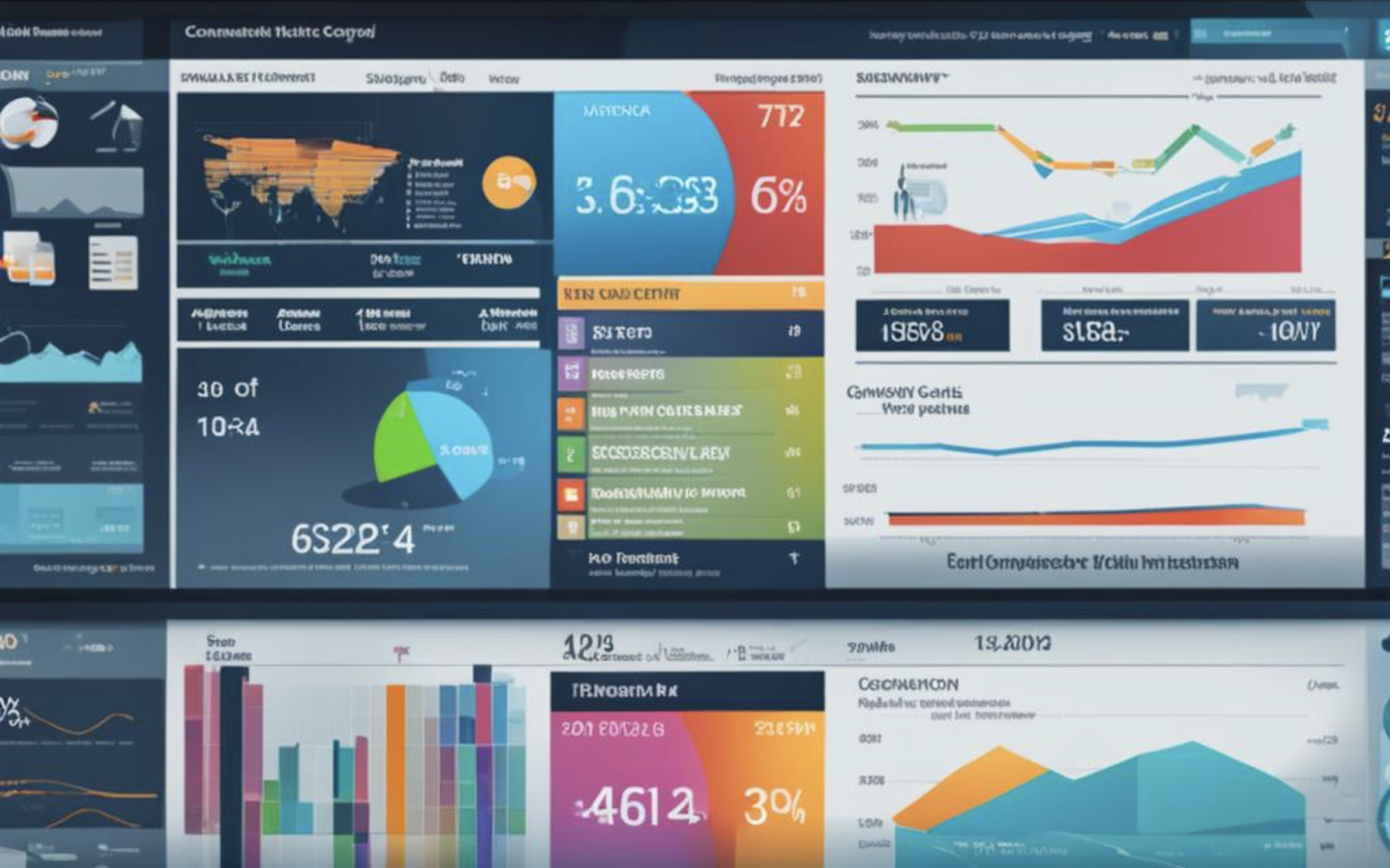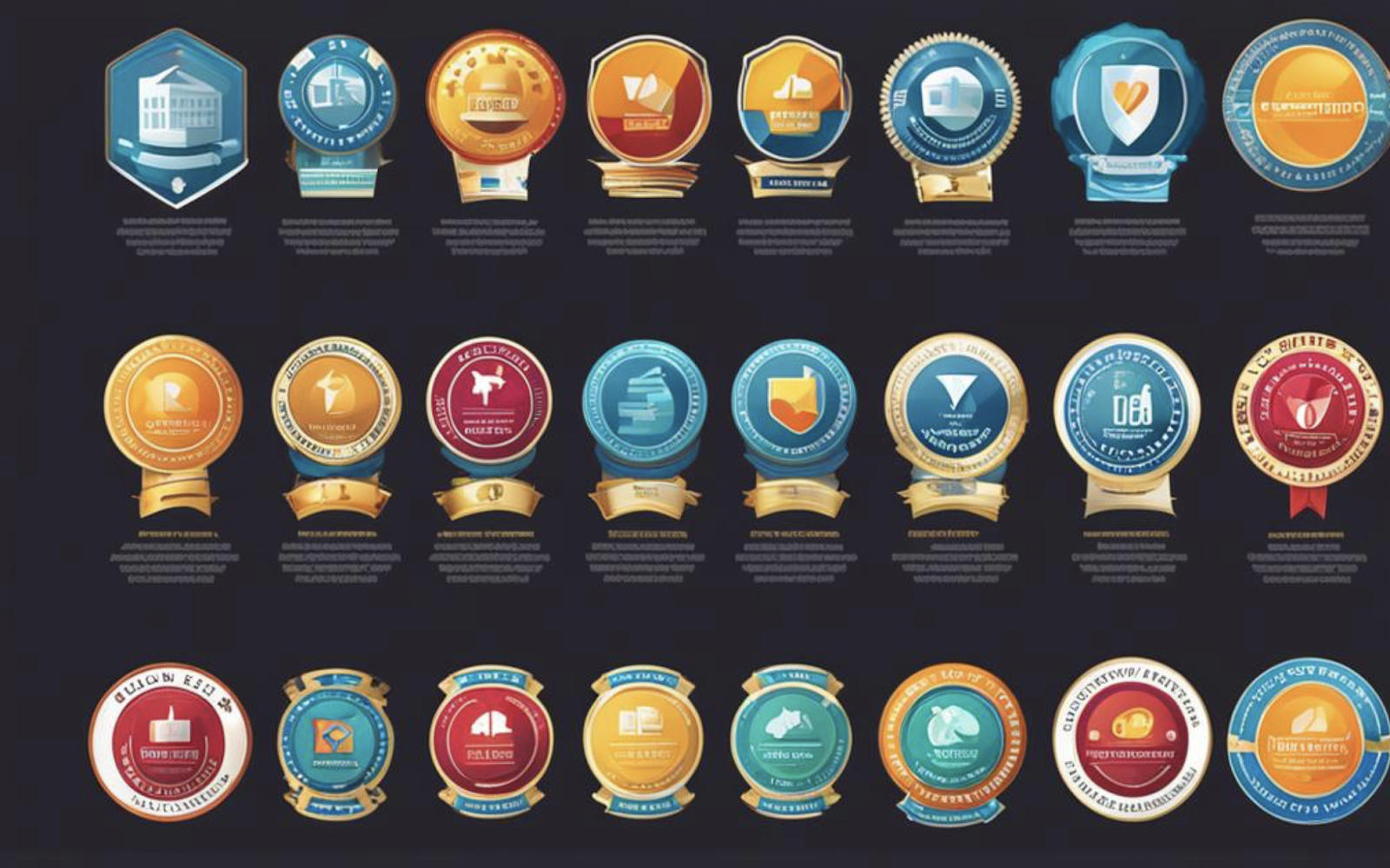Health information technology (health IT) is a rapidly growing field in the healthcare industry, offering a myriad of job opportunities. If you're interested in pursuing a career in health IT, this section will provide valuable advice and guidance to help you achieve your goal.
When it comes to landing a job in health information technology, there are several key factors to consider. First and foremost, understanding the job market and the available opportunities is essential. By staying informed about health IT job openings and healthcare technology trends, you can position yourself more strategically in the job market.
Additionally, gaining the necessary skills and qualifications is crucial in this competitive field. Health IT professionals should possess a solid knowledge of computer systems, programming languages, and information systems specific to the healthcare industry. By pursuing relevant education and certifications, you can enhance your skill set and make yourself more appealing to potential employers.
Lastly, an effective healthcare technology job search requires utilizing various resources and platforms. Networking with professionals in the field, attending industry events, and leveraging online job boards are all effective strategies to discover health IT job opportunities.

Key Takeaways:
- Stay informed about health IT job requirements and trends in the healthcare technology industry.
- Acquire the necessary skills and qualifications, such as computer systems knowledge and relevant certifications, to stand out in the job market.
- Utilize networking, industry events, and online job boards to enhance your healthcare technology job search.
- Consider pursuing additional education or certifications to boost your credentials and increase your chances of landing a health IT job.
- Stay updated on the latest advancements and technologies in health information technology to remain competitive in the field.
Job Outlook and Salary Range in Health Information Technology
The job outlook for health information technology is very promising, with a positive trajectory in both the healthcare and information technology sectors. According to the US Bureau of Labor Statistics, the healthcare industry is projected to grow by 13 percent between 2021 and 2031, resulting in approximately 2 million new jobs. Simultaneously, the field of computer and information technology is expected to grow by 15 percent during the same period, creating nearly 700,000 new job opportunities.
This substantial growth indicates a flourishing health IT job market and an increasing demand for qualified professionals in this field. With such optimistic prospects, individuals exploring a career in health information technology can look forward to a wealth of job opportunities.
When it comes to health IT job requirements, employers typically seek candidates with a combination of technical expertise and healthcare knowledge. Proficiency in electronic health records systems, data analysis, and coding are often prerequisites for health information technology roles. Additionally, having a deep understanding of healthcare operations, privacy laws, and industry regulations can greatly enhance job prospects.
Aspiring health IT professionals can benefit from health IT job interview tips that emphasize showcasing relevant skills and experiences. During an interview, it is important to highlight technical proficiency, problem-solving abilities, and a strong attention to detail. Additionally, demonstrating excellent communication and interpersonal skills can set candidates apart in a competitive job market.
To succeed in the health IT field, it is crucial to possess a diverse set of health IT job skills. Some key skills include:
- Technical proficiency in computer systems, software applications, and databases
- Knowledge of healthcare operations, regulations, and privacy laws
- Analytical and problem-solving abilities
- Attention to detail for accurate data management and reporting
- Strong communication and interpersonal skills for effective collaboration
- Ability to adapt to technological advancements and changing industry trends
With the right skills, qualifications, and knowledge of the health IT job market, professionals can position themselves for success in this rapidly growing industry.
Health Information Technology Career Paths and Education Requirements
Health information technology offers a diverse range of career paths, catering to both entry-level and senior-level professionals. Here are some common roles in the field:
- Registered Health Information Technician (RHIT)
- Medical Records Technician
- Health Information Administrator
- IT Specialist in Healthcare
- IT Consultant in Healthcare
- Software Developer in Healthcare
These positions encompass a variety of responsibilities, including:
- Managing electronic health records
- Developing healthtech software
- Overseeing information systems in healthcare settings
Aspiring health IT professionals can choose between different education paths to enter the industry. Some common qualifications include:
"Earning an associate degree in health information technology is a common starting point for many entry-level positions in the field. This two-year program provides a comprehensive foundation in health IT principles and practices."
"For those looking to advance their careers and pursue leadership roles, a bachelor's degree in health information management or a related field is often a preferred qualification. This four-year program delves deeper into topics such as healthcare analytics, information governance, and healthcare law."
By obtaining the relevant degree and gaining practical experience through internships or entry-level positions, individuals can enhance their job prospects in the health IT industry.

Chart Your Path in Health IT
When considering a career in health information technology, it's essential to explore the various career paths available and identify the educational qualifications needed to succeed. Whether you choose to pursue an associate degree or a bachelor's degree in health IT, acquiring the necessary knowledge and skills will position you for a fulfilling and rewarding career in this rapidly growing field.
Essential Skills and Resources for a Career in Health Information Technology
When pursuing a career in health information technology, there are several essential skills and resources that can help you succeed.
One of the key skills is technical proficiency, as health IT professionals need to have a solid understanding of computers, information systems, and programming languages. This expertise allows them to efficiently manage and analyze healthcare data, ensuring accurate and secure information flow within the organization.
Additionally, strong communication skills are crucial in a health IT career. Health IT professionals often collaborate with healthcare providers, administrators, and other team members to implement and optimize electronic health record systems and other health IT solutions. Effective communication ensures seamless integration and adoption of technology, ultimately improving patient care and operational efficiency.
Furthermore, staying up-to-date with the latest industry advancements and health IT certifications is essential for career growth and job prospects. These certifications validate your expertise and demonstrate that you possess the necessary skills and knowledge to excel in the field. Some top certifications in health information technology include:
- Healthcare IT Certifications (HITC): Offered by the American Health Information Management Association (AHIMA), these certifications cover various domains such as data management, IT project management, and health informatics.
- Certified Professional in Health Information Technology (CPHIT): This certification demonstrates proficiency in healthcare technology and the ability to implement and manage health IT solutions effectively.
- Registered Health Information Administrator (RHIA): This certification validates expertise in managing patient health information and medical records, data analysis, and health information privacy and security.
By acquiring these certifications, you can enhance your credibility, demonstrate your commitment to professional development, and increase your chances of securing desirable health IT positions.
In addition to skills and certifications, leveraging health IT career resources is crucial for success. Online job portals, professional networking platforms, and industry-specific websites can provide you with valuable job search tips, industry insights, and career advice. Engage with health IT communities, attend conferences, and participate in relevant webinars to stay connected with professionals in the field and stay updated with the latest trends and opportunities.
Remember, a career in health information technology requires continuous learning and adaptation to the rapidly evolving healthcare landscape. By honing your technical proficiency, strengthening your communication skills, acquiring relevant certifications, and utilizing available resources, you can position yourself for a successful and fulfilling career in health IT.

Conclusion
In conclusion, a career in health information technology offers numerous job opportunities and a positive job outlook. The field is experiencing significant growth, and professionals with the right skills and qualifications can thrive in this industry. By gaining the necessary education, skills, and certifications, you can increase your chances of landing a job in health IT. Emphasizing technical proficiency and communication skills, utilizing job search resources, and staying updated with the latest trends and certifications in the field will help you succeed in your health IT career journey.
FAQ
How can I land a job in health information technology?
To land a job in health information technology, it is important to gain the necessary education, skills, and certifications in the field. Additionally, you can increase your chances by emphasizing technical proficiency and communication skills, utilizing job search resources, and staying updated with the latest trends and certifications in health IT.
What are the job opportunities in health information technology?
There are various job opportunities in health information technology, including roles such as registered health information technician (RHIT), medical records technician, health information administrator, IT specialist in healthcare, IT consultant in healthcare, and software developer in healthcare. These positions involve tasks such as managing electronic health records, developing healthtech software, and overseeing information systems in healthcare settings.
What is the job outlook for health information technology?
The job outlook for health information technology is positive, with both the healthcare and information technology sectors experiencing significant growth. The overall number of jobs in healthcare is projected to grow by 13 percent between 2021 and 2031, creating about 2 million new jobs. Jobs within the field of computer and information technology are also expected to grow by 15 percent during the same period, resulting in nearly 700,000 new jobs.
What skills are important for a career in health information technology?
Technical proficiency is a crucial skill for health IT professionals, as they need to have a solid understanding of computers, information systems, and programming languages. Additionally, strong communication skills are important, as health IT professionals often collaborate with healthcare providers and other team members.
What education is required for a career in health information technology?
The education requirements for a career in health information technology can vary. Some entry-level positions may require an associate degree in health information technology, while higher-level roles may require a bachelor's degree. It is also beneficial to gain relevant certifications in health IT to enhance your qualifications and job prospects.